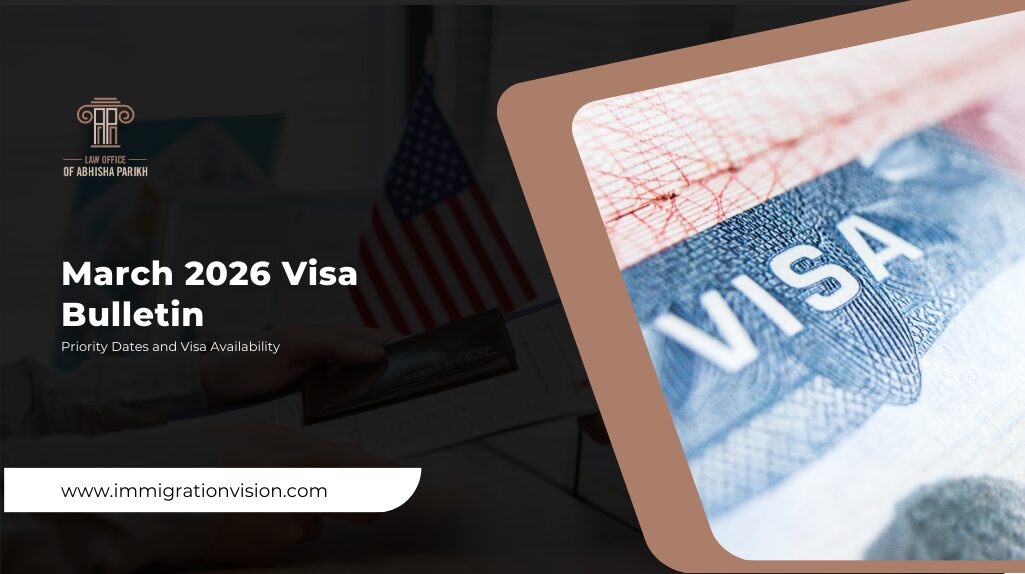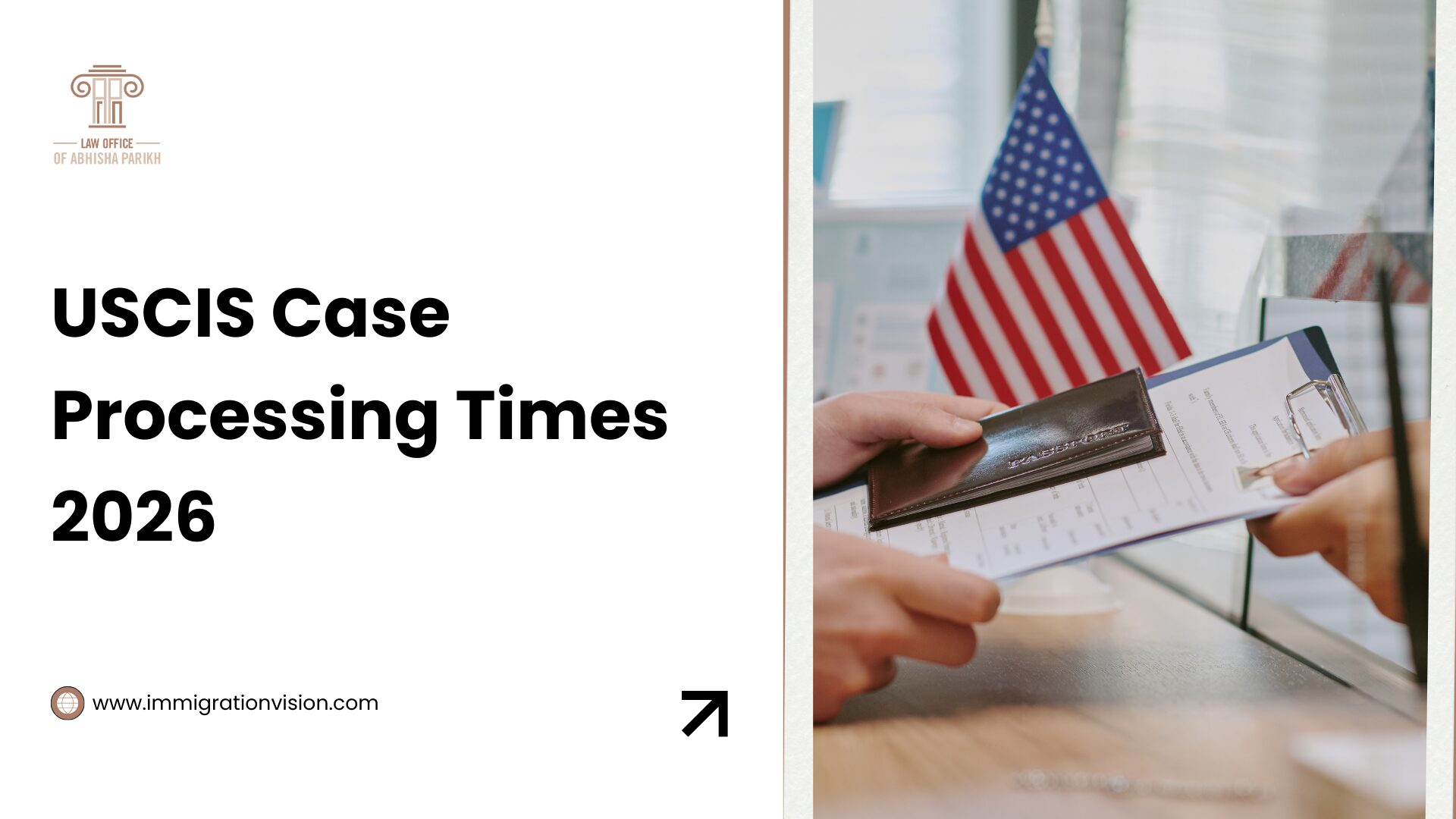The U visa provides immigration relief to foreign nationals who have been the victims of certain serious crimes and who are willing to assist law enforcement or government officials in the investigation or prosecution of those crimes. It offers temporary status in the United States—along with the possibility of eventual permanent residency for eligible applicants. By encouraging victims to come forward, the U visa plays a crucial role in helping authorities bring perpetrators to justice and enhance public safety.
Eligibility Requirements
- Qualifying Crime
To qualify, you must have been a victim of a qualifying crime such as domestic violence, sexual assault, trafficking, or other serious offenses. A full list of these crimes is available on USCIS resources. - Substantial Abuse
You need to show that you’ve suffered significant physical or mental abuse as a direct result of the crime. Medical records, therapy notes, and personal affidavits can help strengthen your case. - Helpfulness to Law Enforcement
Applicants must be willing—or have been willing—to assist law enforcement in detecting, investigating, or prosecuting the criminal activity. This includes cooperating with ongoing or past criminal investigations. - Certification from a Law Enforcement Agency
You’ll need a signed certification (Form I-918, Supplement B) from a valid law enforcement entity confirming your helpfulness or that you are likely to be helpful in the future.
Application Steps
- Complete Form I-918
The primary application for a U visa is Form I-918, which should be filled out carefully and accurately. You’ll also submit any supporting materials like police reports and medical records. - Obtain Law Enforcement Certification
One of the core elements of a successful U visa petition is the certification that verifies your role as a helpful victim or witness. Without it, USCIS generally cannot approve your petition. - Gather Evidence of Substantial Harm
While each case is different, examples of evidence can include hospital or therapy records, photographs, witness statements, and your own detailed account of the crime’s impact on you. - Submit the Application
Send your complete packet to USCIS, including Form I-918, Form I-918 Supplement B, personal statements, and any additional supporting documents that illustrate the crime and your helpfulness. - Wait for USCIS Decision
U visa applications can take time, partly due to statutory limits that cap the number of U visas issued each fiscal year. Once approved, you will be granted temporary immigration status and work authorization.
Certain immediate family members may also be able to obtain U visa benefits:
- Spouses and children (if the principal applicant is at least 21 years old)
- Parents and unmarried siblings under 18 (if the principal applicant is under 21)
If you believe you meet the criteria, contact us for a consultation to get a case evaluation.



